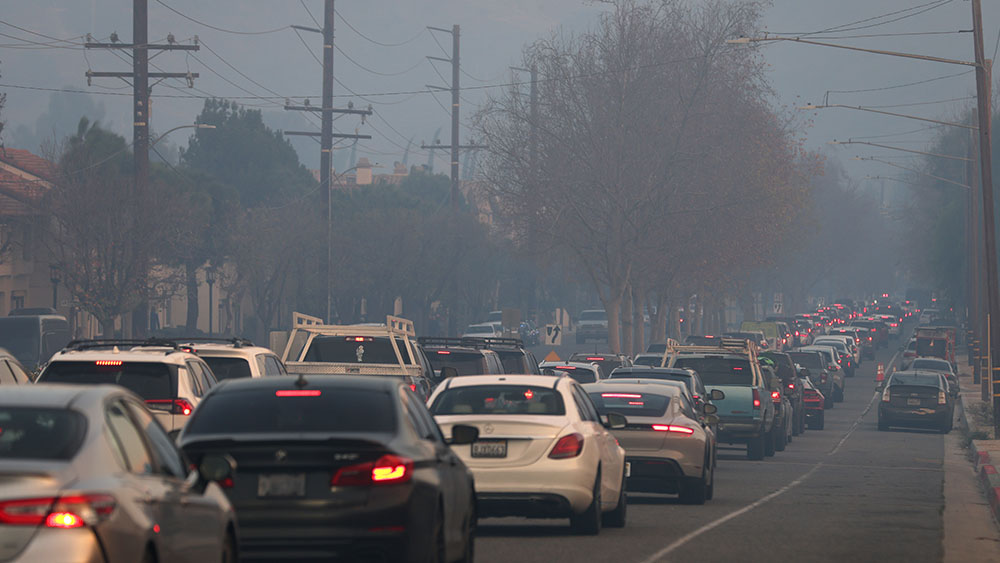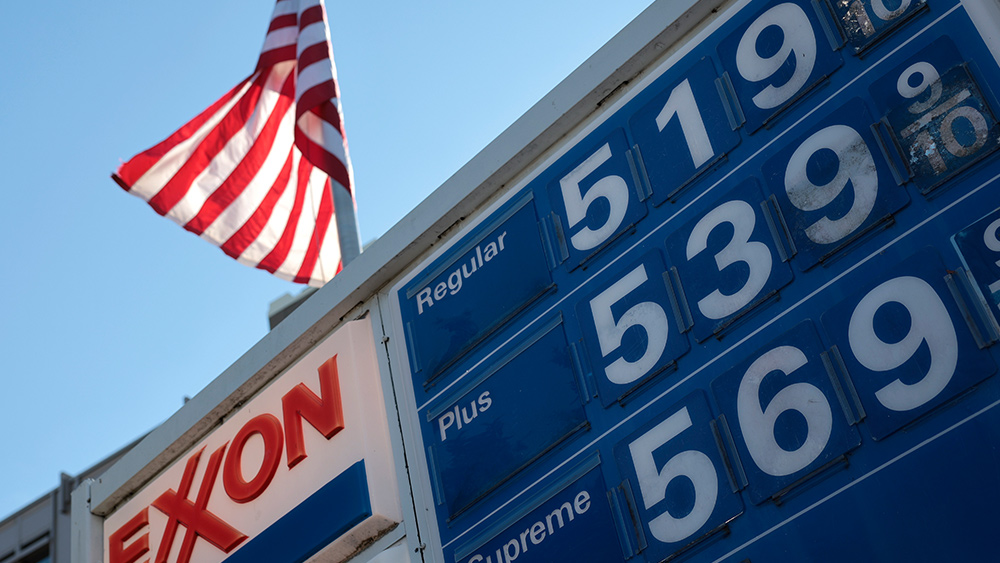Australia’s energy crisis: A self-inflicted wound threatening the economy
01/14/2025 / By Willow Tohi

- Domestic energy prices in Australia have tripled over the past decade, despite being a major exporter of natural gas, crippling the manufacturing sector.
- High energy costs are driving Australian manufacturers to consider relocating to countries like the U.S., where energy is cheaper and more reliable, leading to a potential loss of the country’s industrial base.
- Poor policy decisions, such as the ban on fracking in Victoria, and a lack of prioritization for affordable domestic energy have exacerbated the crisis, with existing gas reservation schemes remaining unimplemented.
- Fossil fuel companies controlling gas markets and setting prices are contributing to the crisis, with energy costs skyrocketing since gas exporting began in 2015.
- To prevent further damage to the manufacturing sector, Australia needs to prioritize affordable, reliable energy, implement a national gas reservation scheme, and address regulatory barriers discouraging investment in new gas fields. The urgency of these measures cannot be overstated to ensure the country’s economic future.
Australia, a nation blessed with an abundance of coal and gas resources, is facing an energy crisis that is crippling its manufacturing sector and threatening the broader economy. Despite being one of the world’s largest exporters of natural gas, domestic energy prices have tripled over the past decade, leaving businesses struggling to survive. The question on everyone’s mind is simple: How did we get here, and what can be done to fix it?
The impact of soaring energy prices is most acutely felt in Australia’s manufacturing sector. Companies like Orica, a global leader in explosives and fertilizers, are warning that they may shift investment overseas if energy costs do not come down. Orica’s managing director, Sanjeev Gandhi, points to the United States as a more attractive market, citing its pro-manufacturing policies and affordable energy.
“The U.S. is pro-manufacturing, they’ve got cheap energy, they’ve got good gas supply and reserves. It’s one of the most attractive markets to invest today,” Gandhi said.
But for many Australian manufacturers, it’s already too late. Fertilizer manufacturer Incitec Pivot shut its Australian plants in 2022 due to high gas costs, and plastics manufacturer Qenos went into administration last year, citing unreliable gas supplies and rising costs. These closures are not isolated incidents but part of a broader trend that is eroding Australia’s industrial base.
Hostile policies and missed opportunities
The root of the problem lies in a combination of poor policy decisions and a failure to prioritise affordable energy for domestic industries. The Victorian Government’s decision to permanently ban fracking in 2021 is a prime example of how hostile regulatory environments can drive businesses to the brink. Qenos, which relied on gas from the now-shuttered Altona Refinery, found itself without a reliable energy source, leading to its eventual collapse.
The federal government has not fared much better. While Energy Minister Chris Bowen’s spokesperson blamed the previous coalition government for gas shortfalls, the current administration’s policies have done little to alleviate the crisis. A gas reservation scheme, similar to the one operating in Western Australia, has been under investigation since 2020 but remains unimplemented.
Bruce Robertson, an independent energy consultant, argues that the gas export companies operating in Gladstone, Queensland, are largely to blame. “Exxon, Woodside, Origin Energy, ConocoPhillips, and Santos control the market and set the price for gas,” he said. “Since gas exporting began in 2015, prices have gone through the roof.”
Affordable energy for a strong economy
The solution to Australia’s energy crisis is clear: prioritize affordable, reliable energy for domestic industries. This means increasing the supply of gas and coal, resources that Australia has in abundance. While renewable energy has a role to play, it cannot yet replace the baseload power provided by fossil fuels.
A national gas reservation scheme would be a step in the right direction, ensuring that a portion of Australia’s gas reserves are reserved for domestic use. However, such a scheme must be implemented quickly to prevent further damage to the manufacturing sector.
In the long term, Australia must also address the regulatory barriers that discourage investment in new gas fields. As Gandhi noted, “If you start investing today, it takes three to 10 years to bring on new gas resources … [and] manufacturers won’t survive [that long].”
Australia’s energy crisis is a self-inflicted wound that threatens the nation’s economic future. The government must act decisively to ensure affordable energy for domestic industries, or risk losing what remains of the manufacturing sector. The choice is clear: Prioritize affordable energy, or watch as more businesses pack up and relocate to countries with more favorable policies.
The time for action is now. Australia’s prosperity depends on it.
Sources include:
Submit a correction >>
Tagged Under:
Australia, big government, Bubble, Collapse, debt collapse, economic riot, economy, energy crisis, energy prices, energy supply, finance riot, green living, Green New Deal, green tyranny, Incitec Pivot, manufacturing sector, market crash, money supply, natural gas, rationing, risk, supply chain
This article may contain statements that reflect the opinion of the author
RECENT NEWS & ARTICLES
COPYRIGHT © 2017 BUBBLE NEWS



















